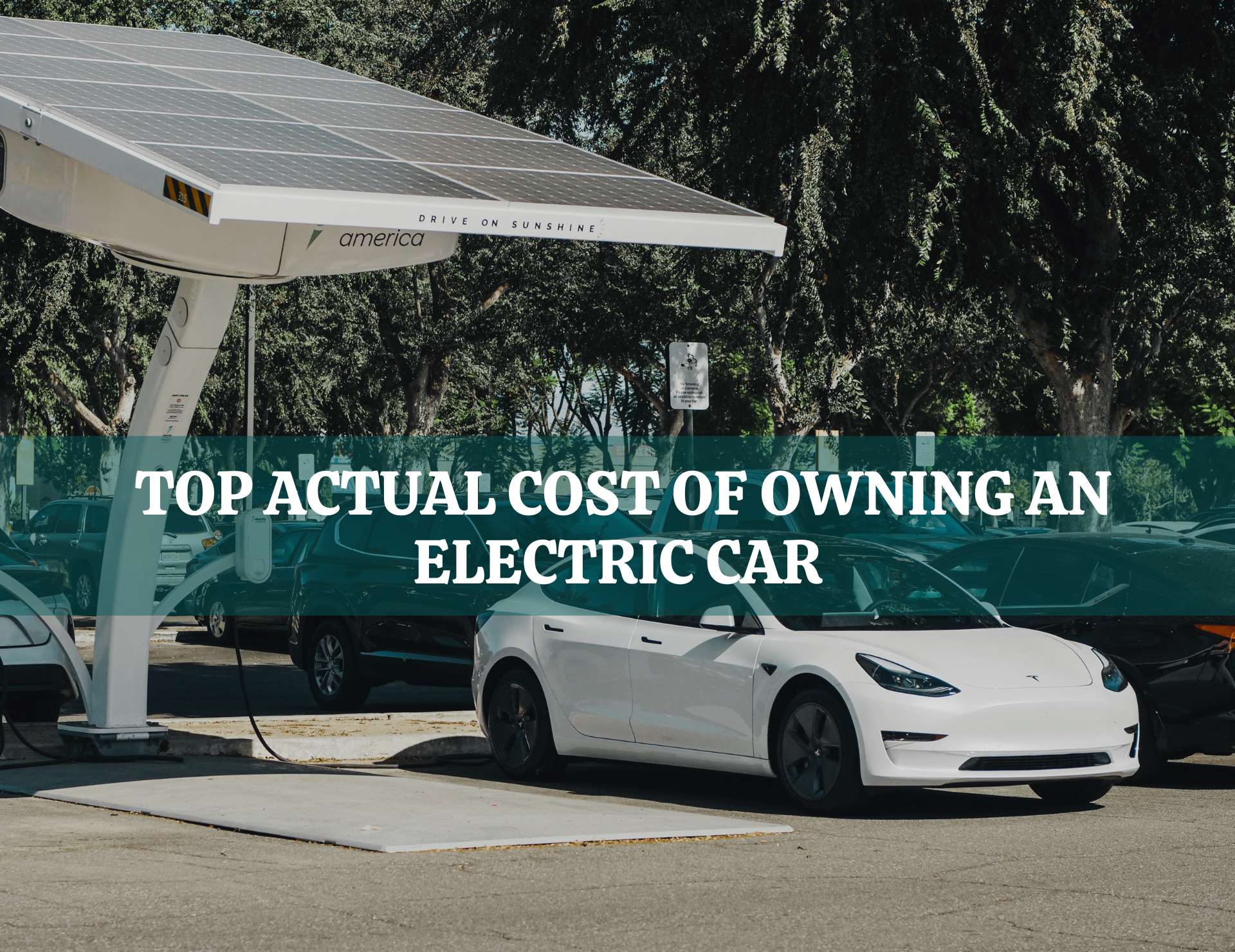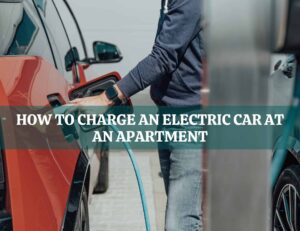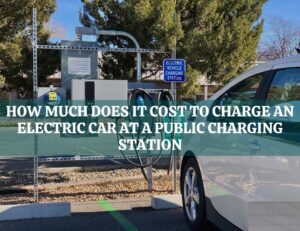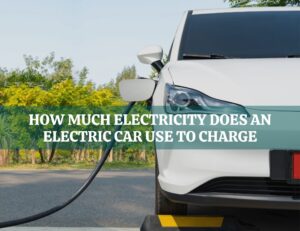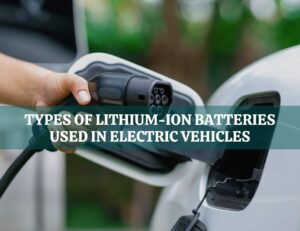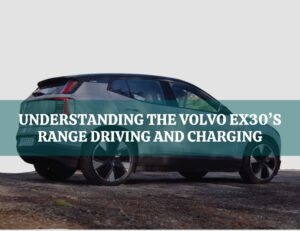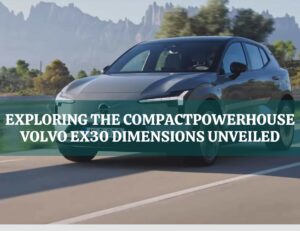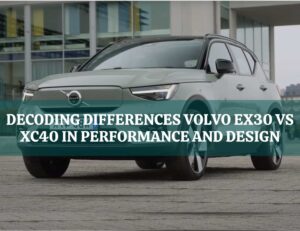Purchasing an electric vehicle (EV) could seem like the smart move at a time when filling up a gas tank can cost up to $100, yet only $10 to charge one. But EV economics are complex, and before you can take on the oil industry, you need to be knowledgeable about many uncharted territories.
You must purchase an EV to drive one, which is frequently expensive. You might quickly be $10,000 or more in debt even after you sell or trade your existing, conventional car.
The True Cost Of Owning An Electric Car
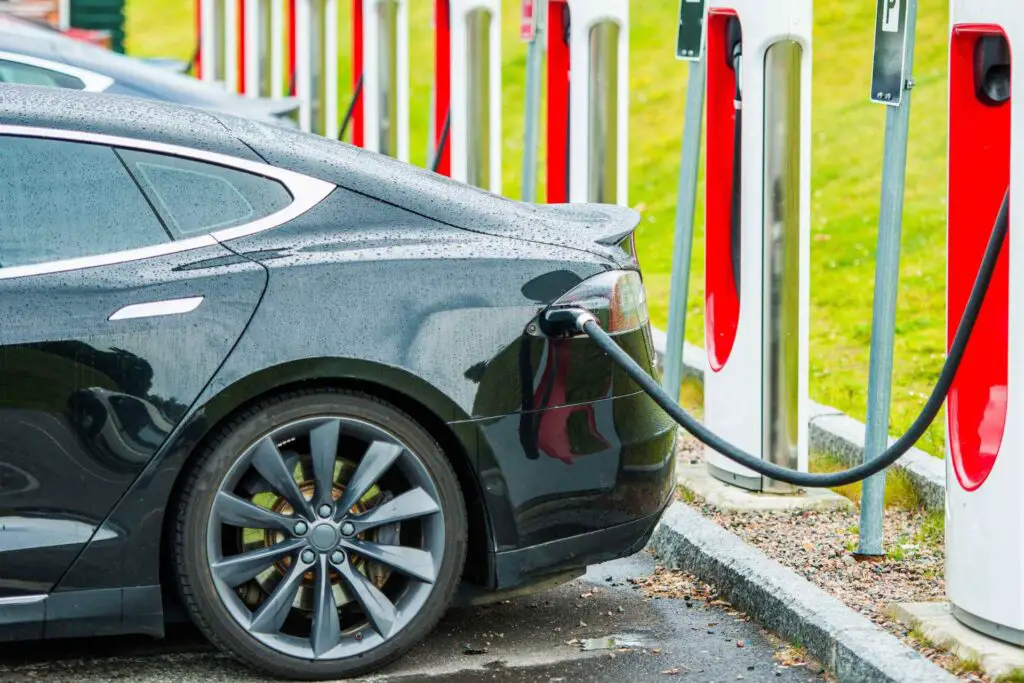
Most vehicles on the road are still gas-powered, even though 40 million Americans have stated an interest in switching to an electric vehicle in previous AAA studies. Why do so many individuals desire electric vehicles when so few switch?
Many people may not have purchased an electric car because of preconceived assumptions about price, limited vehicle range, or a lack of charging stations. According to AAA, experience may be the key to easing or removing standard reservations about electric vehicles, just like with other new vehicle technology.
Initially examining the cost, AAA discovered that owning a new, compact electric vehicle was only somewhat more expensive – around $600 yearly – than its gas-powered version. Electric cars have cheaper expenses in specific areas like fuel and maintenance, despite having higher overall prices.
Buying
Many EVs cost more than their gasoline or diesel counterparts. The VW ID.3 is approximately 16% higher than a comparable Golf, and the Kia E-Niro is about 20% more expensive than the Niro Hybrid. While the Audi E-Tron offers savings of almost 10% over a comparable Q7, the Tesla Model 3 is 10% more expensive than the equivalent BMW 330e PHEV and the same as a 320d.
Insurance

Certain EVs can cost significantly more to insure than their petrol and diesel competitors at the top of the market. The Model 3, which is over 45% more expensive to insure than a comparable 3 Series, is the most costly of our selections. Moreover, the E-tron costs slightly more than an equivalent Audi Q7. At the affordable end of the market, though, there is no distinction beyond the ID.3 and Golf or the E-Niro and other Niro models.
However, EVs are significantly more expensive than identical conventional vehicles. Even how EVs are built is frequently different from how traditional automobiles are built. Automakers are attempting to reduce the cost of EV ownership, and as EV use increases, we would expect the price of accident repairs to decrease.
Resale values
Years ago, when most used automobile buyers had never heard of electric vehicles, their second-hand values were far lower than those of their counterparts with conventional engines. Owners of cars whose value had dropped to as little as 17% after three years told us horrific stories.
However, the expected values of EVs are now much more equivalent to those of other vehicles, and in some classes, they can even outperform the steadily declining popularity of diesel.
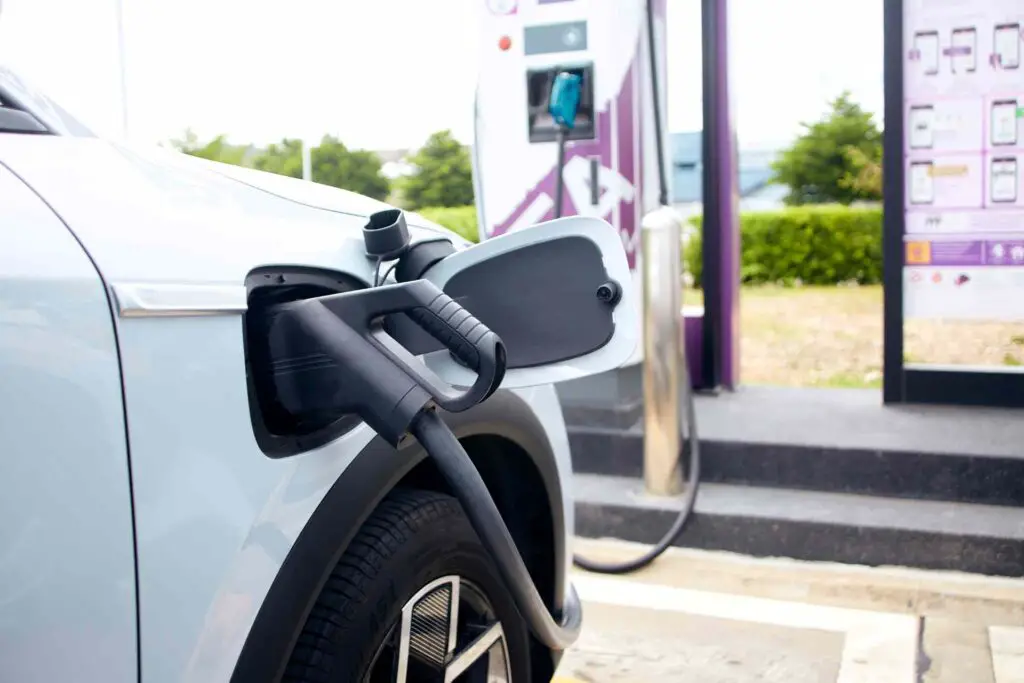
Values have been supported by Tesla’s tight control over the market for its used vehicles in the UK. After three years and 30,000 miles, CAP HPI estimates that a Model 3 will still be worth 56% of what it cost new, compared to 43–45% for owners of comparable 3 Series cars.
The Golf 2.0 TDI is expected to lose 8% more of its value after three years than the petrol Golf and the ID.3, illustrating the decline of diesel engines in smaller car classes. Also, because of its high demand and a lengthy waiting list, the E-Niro should retain a little bit more of its value than other Niros.
Electric Car Companies Swear They Can Save Your Money, But Are They Tell The Truth?
Ten years ago, it was less enticing to consider buying an electric vehicle. You had a pitiful selection of plasticky sedans with fewer than 100 miles of range unless you could afford the base $60,000 Tesla Model S.
Today, the major automakers have had plenty of opportunities to follow closely after Elon. Hyundai, Chevrolet, and others have introduced award-winning electric vehicles; one is a Mustang electric that sports the best moustache in the auto business.
Ten different electric vehicles are available now for much under $50,000 in total. Electric cars are still more expensive, but the $7,500 credit helps
Electric automobiles are still significantly more costly due to the high expenditures of R&D and manufacturing. Let’s compare a direct MSRP between a few EVs and their natural gas-guzzler alternatives.
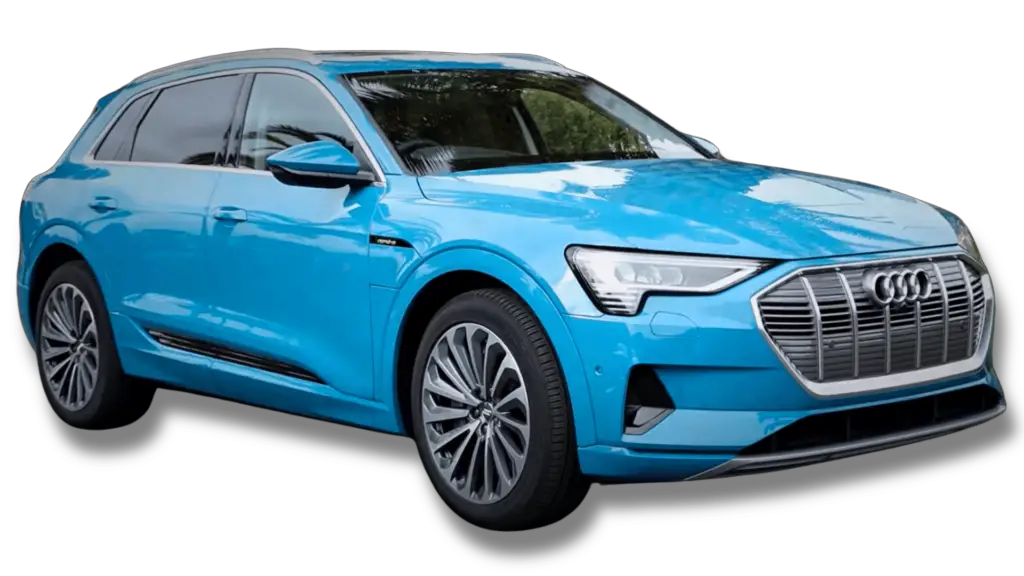
Although the Mustang GT and Mach-E have different body designs, Ford refers to them as Mustangs and sells them to the same customers. Thus, a comparison is reasonable.
EVs cost between $7,000 and $16,000 more than their gas-powered counterparts. That’s a significant premium and means you wouldn’t reach fuel savings parity for 50,000–100,000 miles.
The $7,500 federal tax credit for electric vehicles significantly reduces (and sometimes eliminates) this difference. Nevertheless, remember that the tax credit doesn’t apply to used EVs and that you won’t receive it in one lump amount if you lease the vehicle. Instead, the dealership gets the credit because they officially own leased cars. Most often, but not always, they transfer money back to you through lower monthly charges.
Conclusion
Indeed, a purely electric vehicle will save you significantly more energy than a Cayenne Hybrid. Still, the economics of an EV may be compromised by its higher initial cost, potential insurance premiums, and more significant repair costs. While EVs don’t require as much maintenance as conventional vehicles, they need more frequent brake servicing and fluid replacements.
Many individuals purchase electric vehicles (EVs) to reduce their environmental impact while saving money, a worthy goal that pays off in fuel savings and environmental benefits.
Although it is outside the purview of this article, consider the total environmental ROI and consider whether there is a more efficient way to use the money you would otherwise spend on an electric car: A good carbon footprint calculator can be used to examine options like installing rooftop solar or setting up a high-quality Zoom room to eliminate the majority of your work trip by air.
FAQs
Why are electric vehicles (EVs) generally more expensive to purchase than gas-powered cars?
EVs often have higher upfront costs due to the expensive battery technology and R&D involved in their production. For example, the VW ID.3 is approximately 16% more expensive than a comparable Golf, and the Kia E-Niro is about 20% more expensive than the Niro Hybrid.
Are there any financial benefits to owning an electric vehicle?
Yes, while the initial purchase price of an EV is higher, they tend to have lower fuel and maintenance costs. According to AAA, owning a new, compact electric vehicle is only about $600 more annually than its gas-powered counterpart.
How does the cost of insurance for EVs compare to that of traditional cars?
Insurance for some EVs can be significantly higher than for their gas or diesel counterparts, especially for high-end models. For instance, the Tesla Model 3 costs over 45% more to insure than a comparable BMW 3 Series.
Do electric vehicles retain their value better than traditional cars?
EVs now retain their value much better than they used to. Tesla models, for example, have strong resale values, with a Model 3 retaining 56% of its original value after three years, compared to 43–45% for a comparable BMW 3 Series.
Are there any government incentives for purchasing an EV?
Yes, there are often government incentives such as the $7,500 federal tax credit in the United States, which can significantly reduce the effective cost of a new EV. However, this credit does not apply to used EVs and may not be passed on directly if the car is leased.
Are there more affordable electric vehicles available today?
Yes, there are now more affordable electric vehicle options on the market. Several models are priced well below $50,000, making them accessible to a broader range of consumers.
What about the cost of maintenance and repairs for EVs?
EVs generally require less maintenance than traditional cars because they have fewer moving parts. However, they may need more frequent brake servicing and fluid replacements. Additionally, repair costs for EVs can sometimes be higher due to the specialized nature of the technology.
What are some other considerations for potential EV buyers?
Potential buyers should consider the availability of charging stations, the range of the vehicle, and whether the total environmental impact of owning an EV justifies the cost. Evaluating options like installing rooftop solar or reducing air travel could also be effective ways to reduce one’s carbon footprint.
How does the environmental impact of EVs compare to that of traditional vehicles?
EVs typically have a lower environmental impact due to reduced emissions. However, the overall environmental return on investment (ROI) should be considered, including the impact of battery production and disposal.
Why do some people hesitate to switch to electric vehicles?
Common concerns include the higher upfront cost, limited range, and the current lack of widespread charging infrastructure. Experience and exposure to EV technology can help alleviate some of these reservations.


